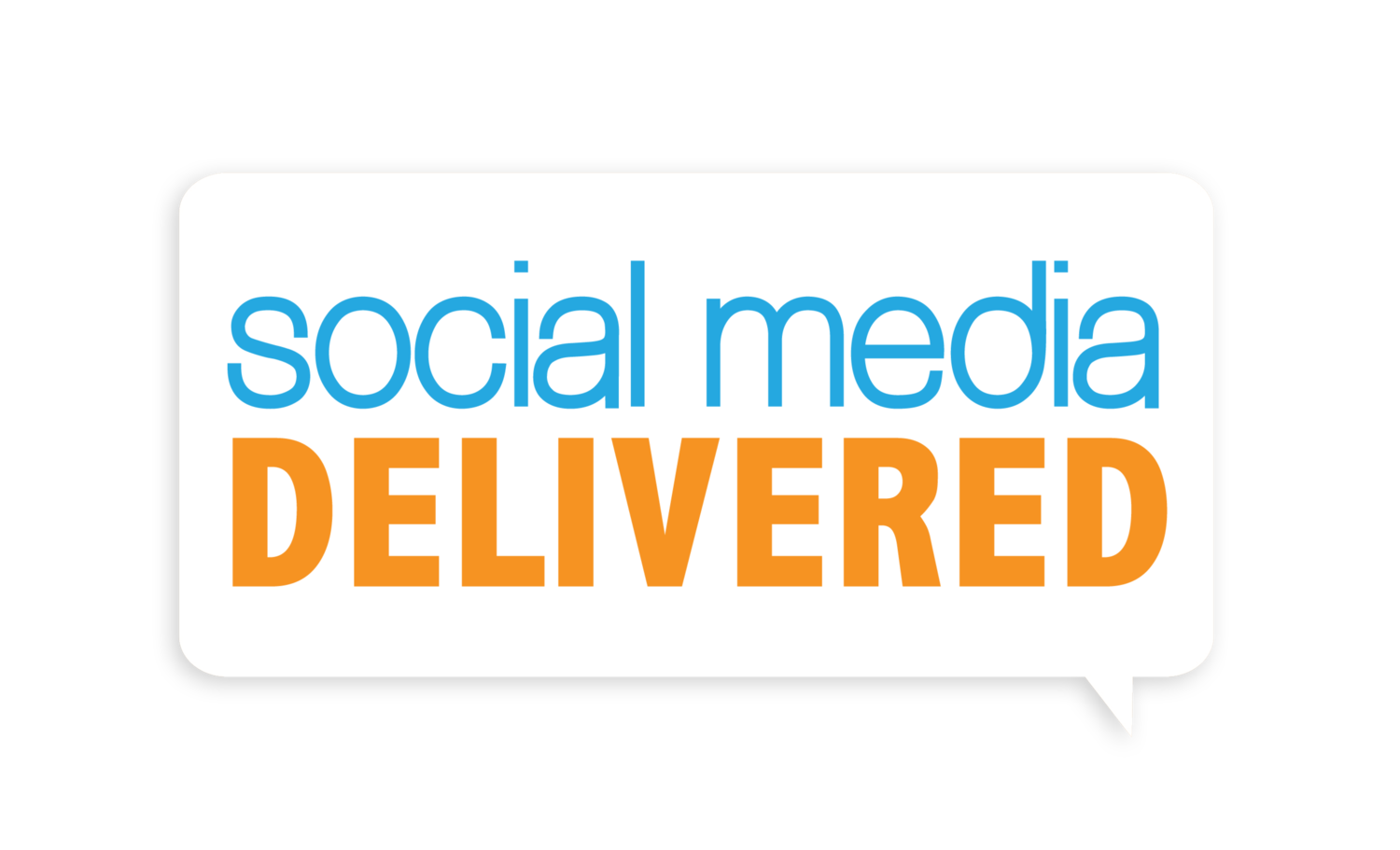E-Commerce Meets Your Facebook Profile
By: Kate Bould | @Kate_Bould
What’s your favorite store to online shop? Oh, Facebook? That’s right. Soon enough, Facebook will have products, the buy button and confirmation emails all under one umbrella. This is coming at a time when Pinterest and Google are both adding buy buttons and starting to venture into the e-commerce world. Facebook is catching up in the running, but with the multitude of issues regarding Facebook Business Manager, there have been some mixed emotions about whether to be excited for the new developments.
The company has already introduced money-transferring capabilities and is currently working on a way for you to make purchases through messaging. For example, if you just ordered a shirt in white, you send a Facebook message to the company saying that you would love to also have that shirt in black, and it’s yours. This is made immensely easier because confirmation emails will now come in the form of Facebook messages, which means no more annoying or excessive email trails if you think twice and want to place another order. This helps explain why non-Facebook users are now allowed to use the Messenger app.
At this point, Facebook doesn’t necessarily want to be a part of the purchase process. They would rather be the channel for communications between you and the brand, but we’ve all seen this trend before. Companies once paid for likes on Facebook to communicate with users, but soon those pages started showing up on an abnormal basis, and companies were forced to upgrade and pay to advertise. Facebook is seizing this opportunity at a good time; we spend about 80 percent of our time on mobile apps and 13 percent of that time specifically on Facebook. Now shops don’t have to worry about building up traffic to their website. They can just jump in on a forum that already has tons of traffic.
A lot is also changing for brands and Facebook users. Developing internal shops will push brands to focus on their initial goals. If they’re stores, they can just sell, rather than trying to build memes and investing tons into outlandish marketing techniques. Rather than using the search bar only for finding friends or pages, you can search for things like “shops with T-shirts.”
For those of you wondering about Facebook keeping credit card information confidential, they’ve already got that covered using their CPC model from the past. Facebook has had experience with a variety of online security issues. Many are worried that by doing transactions through Facebook, which has a hidden IP address (meaning the hacker can’t be tracked), you could be exposing yourself to the risk of theft. Facebook has already been doing this, however, with 2 million advertisers, 15 million consumers and Facebook dynamic ads. If you’re worried about sharing your private information, you will also be allowed to choose whether you would like to store your credit card information.
If this testing phase proves successful and Facebook goes through with these online shops, it could potentially kill off websites like Yelp and Foursquare. Both are already threatened by Facebook’s business pages, but these websites may not be rendered irrelevant because they have categorization and focus that Facebook simply does not.
There is a pretty hefty number of companies on the waiting list, but there are currently only two companies — Zulily and Everlane — in the testing process. Zulily specializes in women’s and children’s clothes as well as toys and accessories. The issue is that consumers can’t view pages on the Zulily’s website without becoming a member. It is uncertain how they will be able to convert this membership requirement over to Facebook since Facebook business pages are public. Everlane is your typical clothing and accessory company, aimed at millennials and full of fairly neutral basics and trendy fashions. The store should have fewer problems than Zulily and will most likely do well.
Lots of eyes are on these two companies as their debut is in the near future, and how they fare will predict how Facebook fares in the light of these new economic developments. Once testing is over, more brands will have the ability to begin using this feature. So keep an eye out; your next birthday gift could have a Facebook return receipt.

